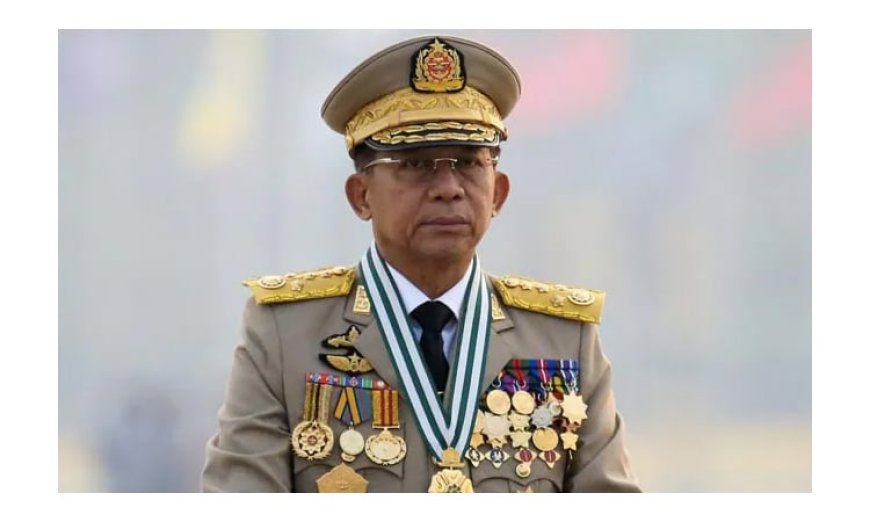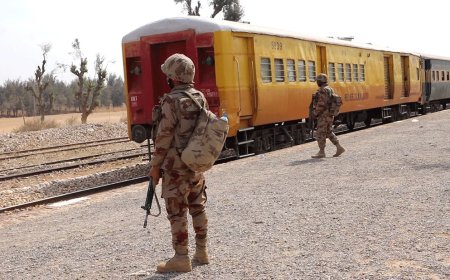Myanmar junta lifts state of emergency ahead of planned Elections
Myanmar junta lifts state of emergency ahead of planned elections

Myanmar Junta Ends State of Emergency to Pave Way for Controversial Elections
Myanmar’s military regime officially ended the state of emergency on Thursday, intensifying preparations for a December election that opposition groups have vowed to boycott and international observers warn will serve to entrench military rule.
The state of emergency was first imposed in February 2021 when the military overthrew Aung San Suu Kyi’s elected government, plunging the country into a widespread civil conflict that has since claimed thousands of lives. Under the emergency rule, junta chief Min Aung Hlaing held absolute control over the executive, legislative, and judicial branches. Recently, he has portrayed elections as a potential path out of the crisis.
Opposition forces, including lawmakers ousted in the 2021 coup, have rejected the planned vote, and a UN expert last month called it “a fraud” intended to legitimize the military's ongoing grip on power. The junta originally seized control by alleging, without evidence, massive fraud in the 2020 election, which Suu Kyi’s National League for Democracy won decisively. She and other top NLD leaders remain imprisoned.
Announcing the end of emergency rule, junta spokesperson Zaw Min Tun said in a message to reporters: “The state of emergency is lifted today to enable elections on the path to multi-party democracy.” He added that the polls will be held within six months.
A decree signed by Min Aung Hlaing returned executive powers from the emergency framework back to the head of state—a role he also currently occupies as acting president. “We have completed the first chapter,” he said in a speech during a ceremony in Naypyidaw, according to the state-run Global New Light of Myanmar. “Now we are beginning the second chapter.”
Analysts believe Min Aung Hlaing will retain power after the elections—either as president or military chief—allowing him to remain Myanmar’s de facto leader. Shortly after the emergency ended, the regime announced the formation of a new “Union Government” and a “National Security and Peace Commission” led by Min Aung Hlaing, both tasked with overseeing defense and the electoral process.
The military-run newspaper cited him saying the election will take place in December and that efforts are underway to ensure all eligible citizens can vote. However, no official date has been confirmed. Political parties are being registered, and training on electronic voting machines has already started.
On Wednesday, the junta enacted a new law imposing prison sentences of up to 10 years for speech or protests seen as undermining the electoral process. Meanwhile, a 2024 census—intended to support the vote—reported that data from 19 million out of 51 million people was missing, largely due to “security constraints.”
The limited reach of the census reflects how fragmented Myanmar remains under ongoing civil conflict. Observers expect rebel groups to escalate attacks around the election as a form of resistance. In response, the junta recently began offering cash incentives to rebels willing to disarm and rejoin the “legal fold” ahead of the polls.
China, a key ally of the military government, expressed support for “political solutions within the constitutional and legal framework” among Myanmar’s various factions.
What's Your Reaction?




















































































